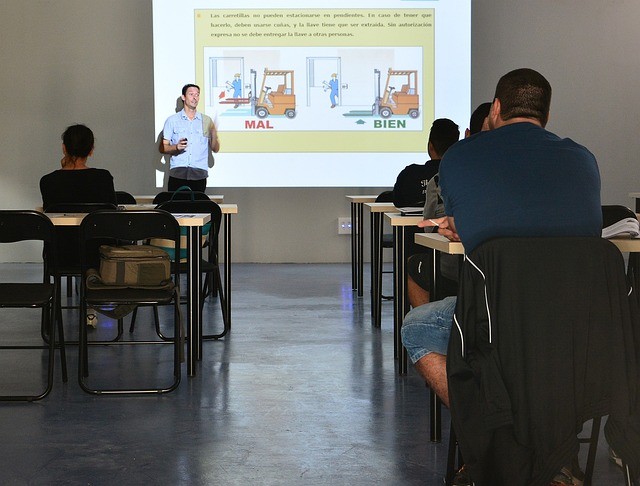Immigration policies can have a significant impact on economic growth in a country. The relationship between immigration and economic growth is complex and can vary based on the specific policies in place, the characteristics of the immigrant population, and the overall economic context. Here are some ways in which immigration policies can influence economic growth:
**1. Labor Force and Skills:**
– Immigration can help address labor shortages in sectors where there is a lack of skilled workers, leading to increased productivity and economic growth.
– Highly skilled immigrants can contribute to innovation, research, and development, driving technological advancements and economic progress.
**2. Demographic Trends:**
– Aging populations in many developed countries can lead to a shrinking workforce and a potential decrease in economic growth. Immigration can help mitigate this by adding younger workers to the labor force.
**3. Entrepreneurship and Innovation:**
– Immigrants often have a higher propensity to start businesses. Entrepreneurial immigrants can create jobs, stimulate competition, and contribute to economic dynamism.

**4. Consumer Demand:**
– Immigrants increase the population, leading to a larger consumer base. This increased demand for goods and services can spur economic growth.
**5. Cultural Diversity:**
– Immigration can lead to cultural diversity, which can foster creativity, cross-cultural understanding, and a broader range of perspectives that can be beneficial for innovation and problem-solving.
**6. Remittances:**
– Immigrants may send remittances (money earned in the host country and sent back to their home country) to support family members. While this may not directly contribute to the host country’s growth, it can have positive effects on the home country’s economy.
**7. Fiscal Impact:**
– The fiscal impact of immigration depends on factors such as the skills and employment status of immigrants. Some immigrants may contribute more in taxes than they use in public services, while others might require more public services.
**8. Integration Challenges:**
– Poorly managed immigration can lead to social tensions and difficulties in integrating immigrants into the labor market, which can have negative effects on economic growth.
**9. Education and Training:**
– Effective immigration policies can encourage the recruitment of immigrants with skills that are in demand, reducing the need for expensive training programs and potentially enhancing overall productivity.
**10. Policy Uncertainty:**
– Uncertain or restrictive immigration policies can discourage skilled immigrants from choosing a particular country, potentially leading to a brain drain and limiting economic growth.
It’s important to note that the impact of immigration policies is not uniform across all countries and situations. Economic growth resulting from immigration is influenced by factors like the existing economic conditions, the size and skill level of the immigrant population, and the effectiveness of integration programs.
Governments often need to strike a balance between controlling immigration, protecting domestic workers, and harnessing the economic benefits that immigrants can bring. Well-designed immigration policies that consider the economic, social, and cultural aspects can contribute positively to a country’s economic growth and overall prosperity.











